-
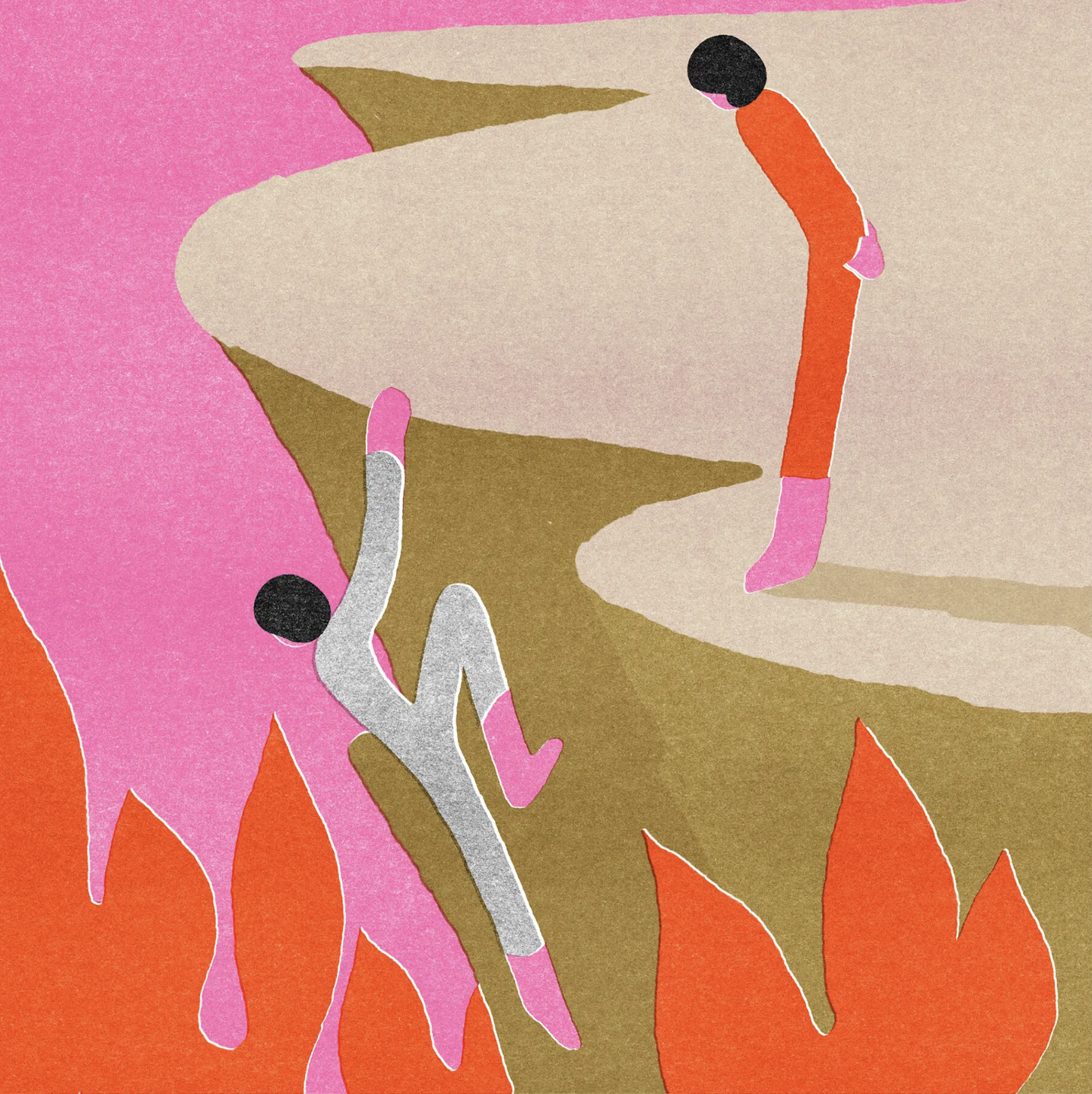
America Loses Its Soul When It Rejects People Fleeing Danger
“I’ve been thinking a lot lately about what it means to be ‘civilized.’… It is, I believe, to live with a moral standard that takes into account our fellow man, and to ask: What do we owe one another, and what do we owe strangers?”
-
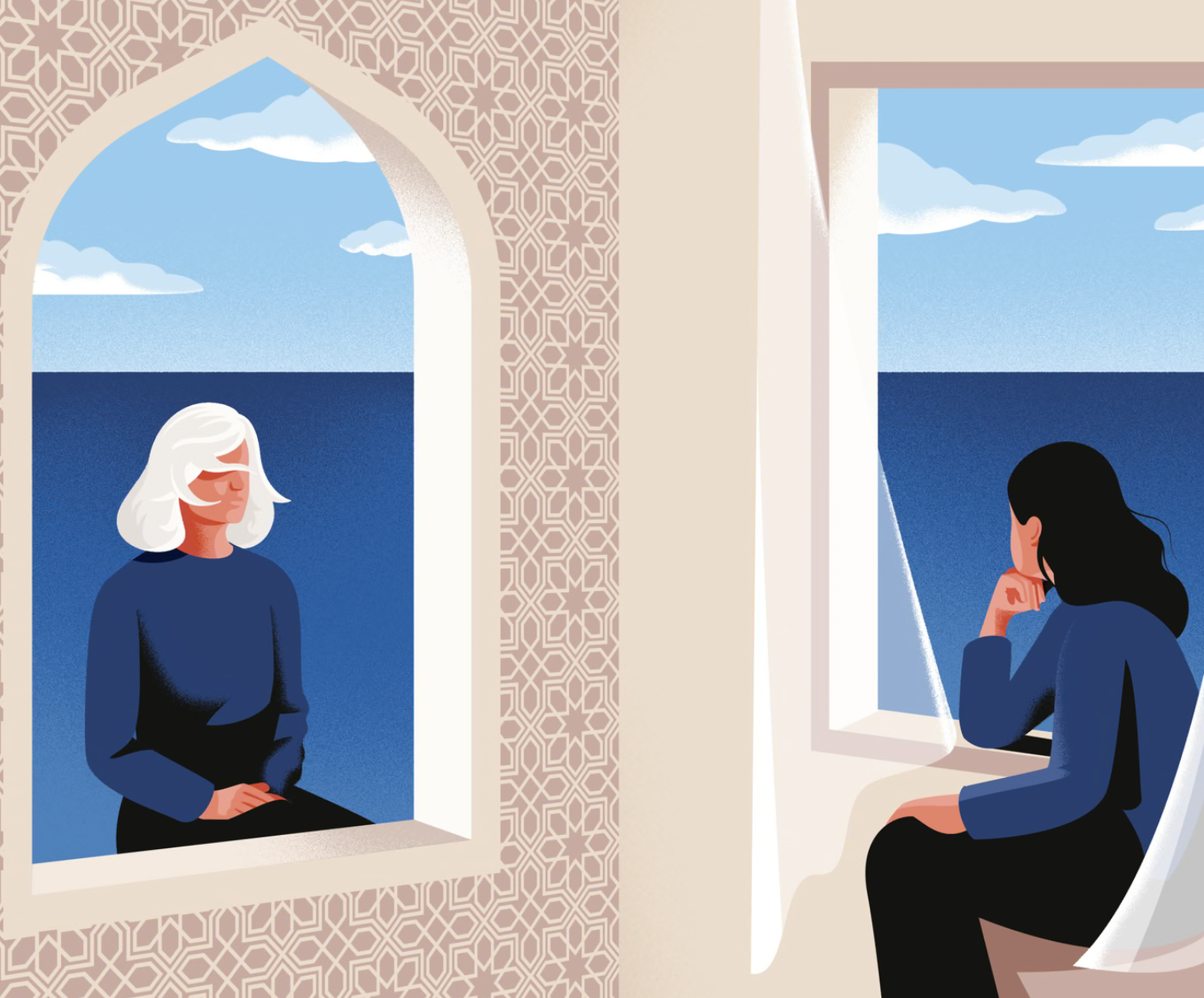
Foreign mothers, foreign tongues: ‘In another universe, she could have been my friend’
“Having grown up in different cultures with different expectations, my mother and I have often clashed. But as my daughter grows older, I have come to see our relationship in a different light.”
-
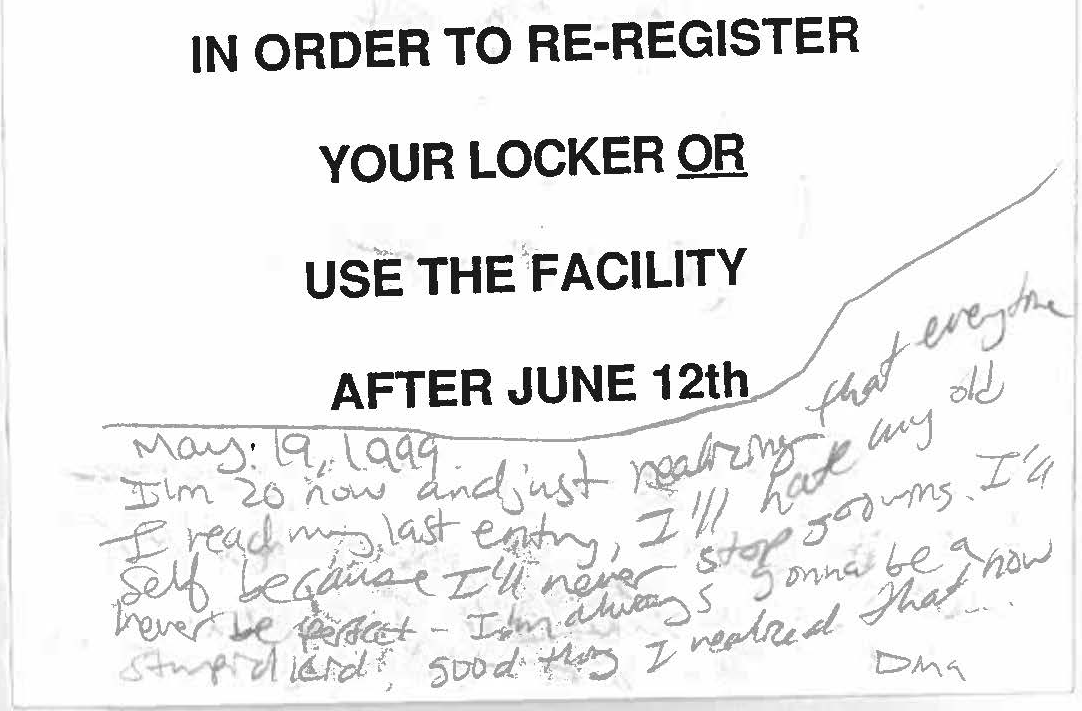
Diary, 1994–1999
“It was the summer of 1994, and I was fifteen… Writing in the diary was a self-soothing mechanism—I wrote down every kind word anyone said to me.”
-
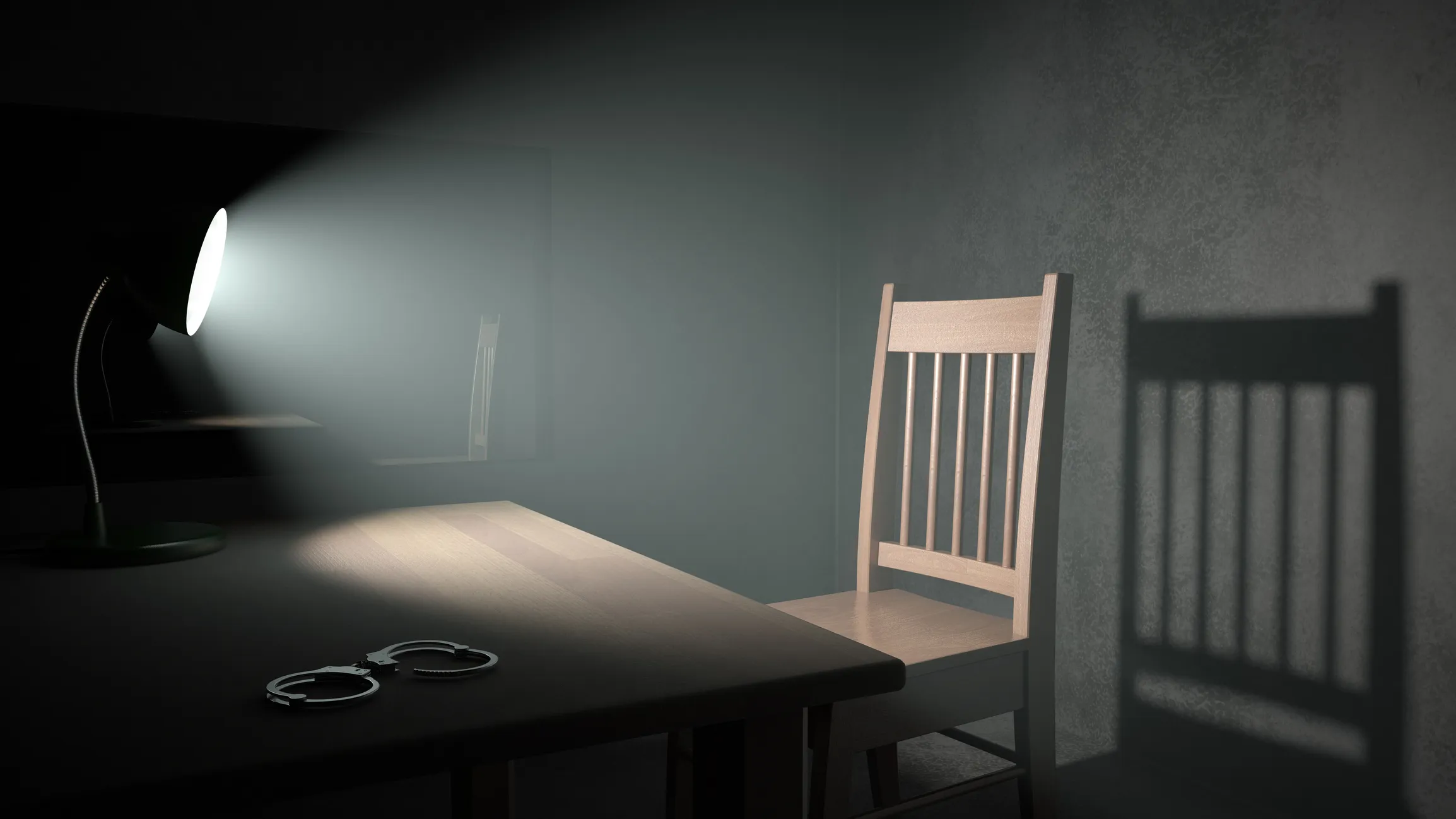
How Police Interrogation Techniques Fail People with Autism
“On April 25th 2023, the Virginia Supreme Court ignored a life-shattering mistake. Though he confessed under a lengthy interrogation, Michael Ledford did not set the fire that killed his son and horribly burned his (then) wife on October 10, 1999.”
-
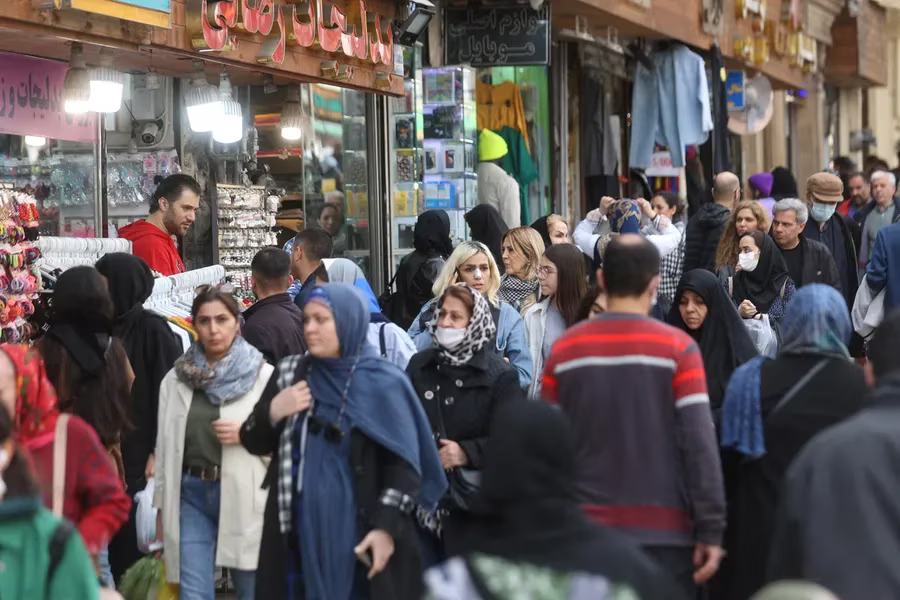
The true nature of Iranian values: Rethinking a country the West thought it understood
“All my life, I’ve been taught intellectual humility – to trust facts over my instincts. To change my mind when I’ve been proven wrong. To listen to experts. To try to imagine the limits of my observations, all that I can’t possibly know or understand.”
-
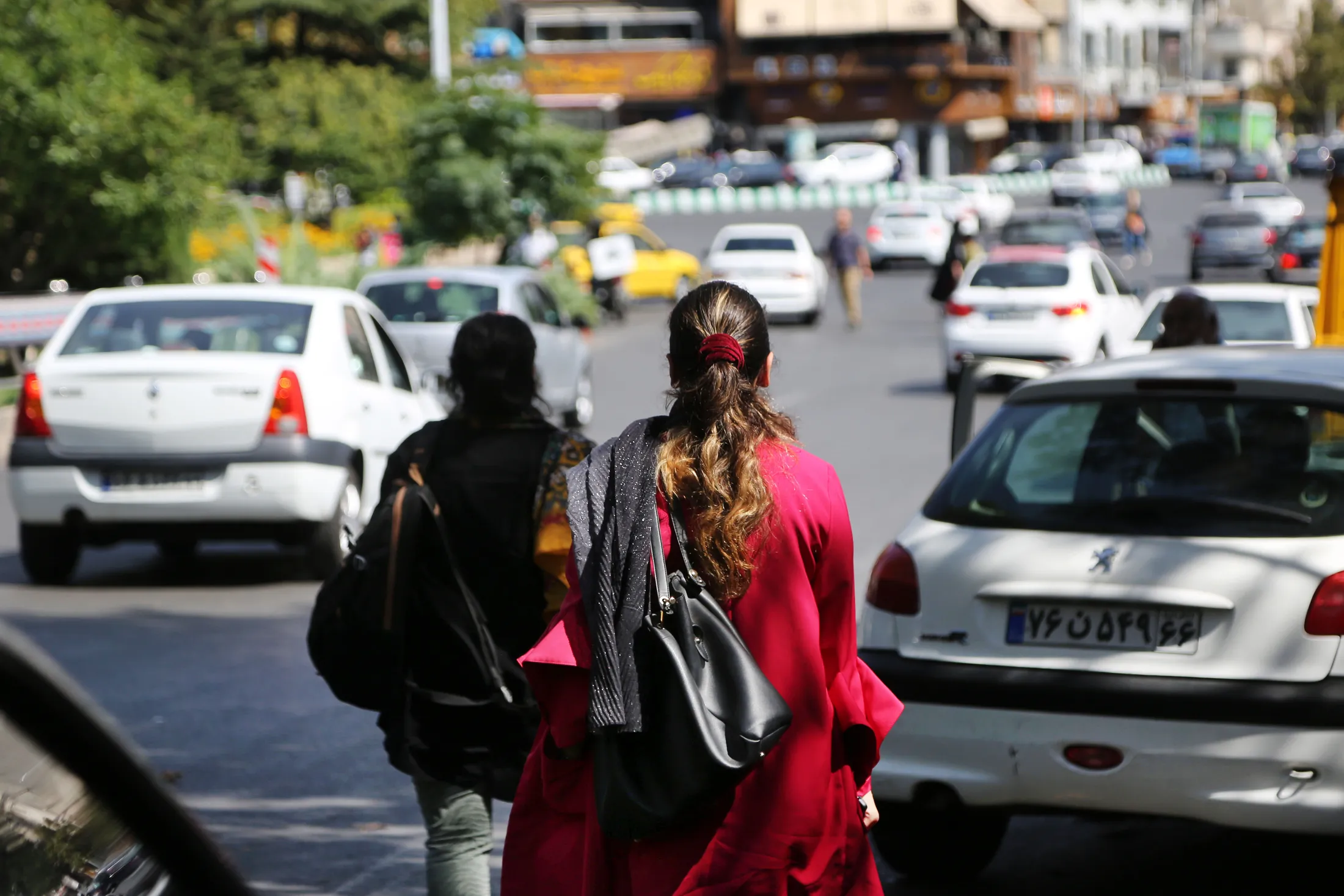
Why Is Iran’s Secular Shift So Hard to Believe?
How two researchers got to the heart of a polling problem: the skewing effect of fear.
-
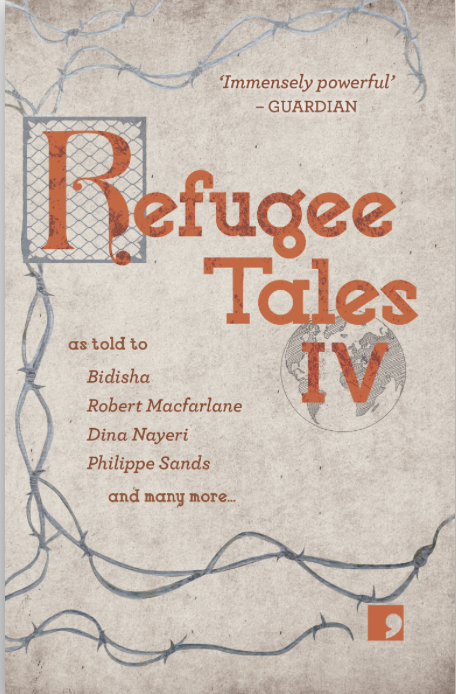
“The Activist’s Tale”
“As the coronavirus pandemic defies borders – leaving those who are detained even more vulnerable – this collection shares stories spanning Canada, Greece, Italy, Switzerland and the UK, and calls for international insistence on a future without detention.”
-
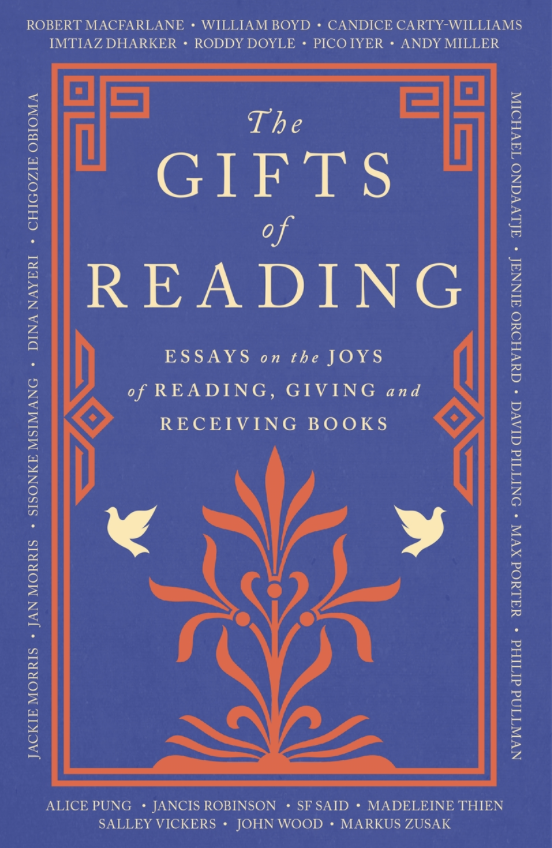
“A Life’s Work”
“Published to coincide with the 20th anniversary of global literacy non-profit, Room to Read, The Gifts of Reading forms inspiring, unforgettable, irresistible proof of the power and necessity of books and reading.”
-
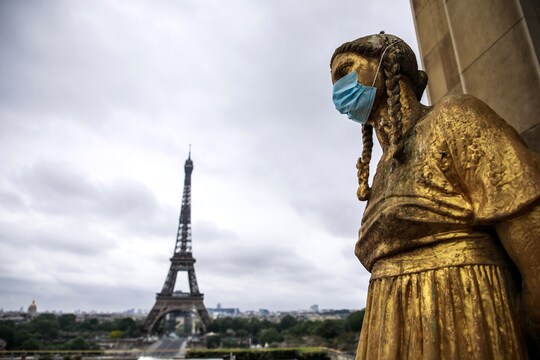
In an Iranian bomb shelter or a locked-down Paris, I search for joy and meaning
“As a child in Isfahan, Iran, I thought war was an ordinary thing: Countries bombed each other as a matter of course, and people tried to get out of the way. So it wasn’t at all strange to try to squeeze some fun out of a bad situation. What else could we do?”
-
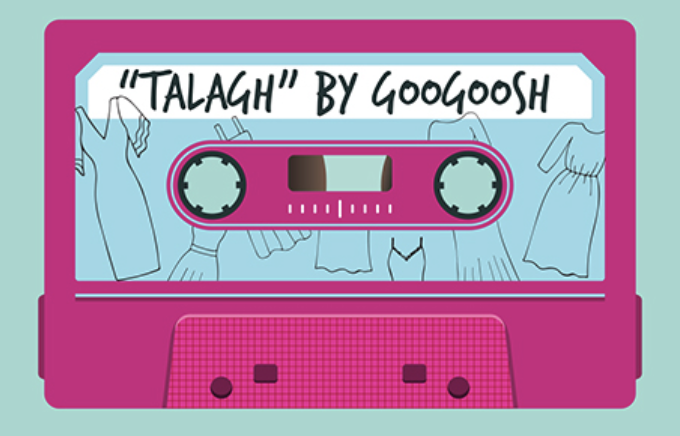
How to Woo a Persian with a Song
“Iranians love to cry. I mean they love it. Ours is a shamelessly melodramatic culture—and it’s not that we don’t realize it’s cheap. Our literary tradition goes back millennia and our grandmas invented storytelling.”
-
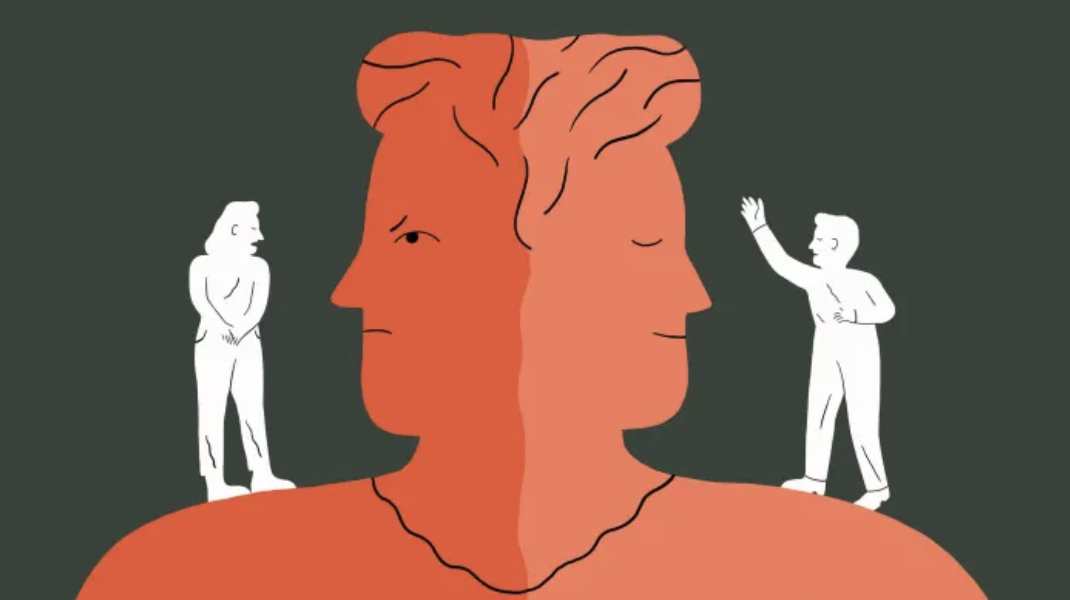
From Refugee to Harvard Business School: How to Be Believed
“Despite all the talk of leadership and change-making, what you actually learn at Harvard Business School is how to be believed. Some of that, we were taught, is achieved by developing a reputation for honesty, for precision. Some is communicated through signals and codes, the kind we have in every profession.”
-
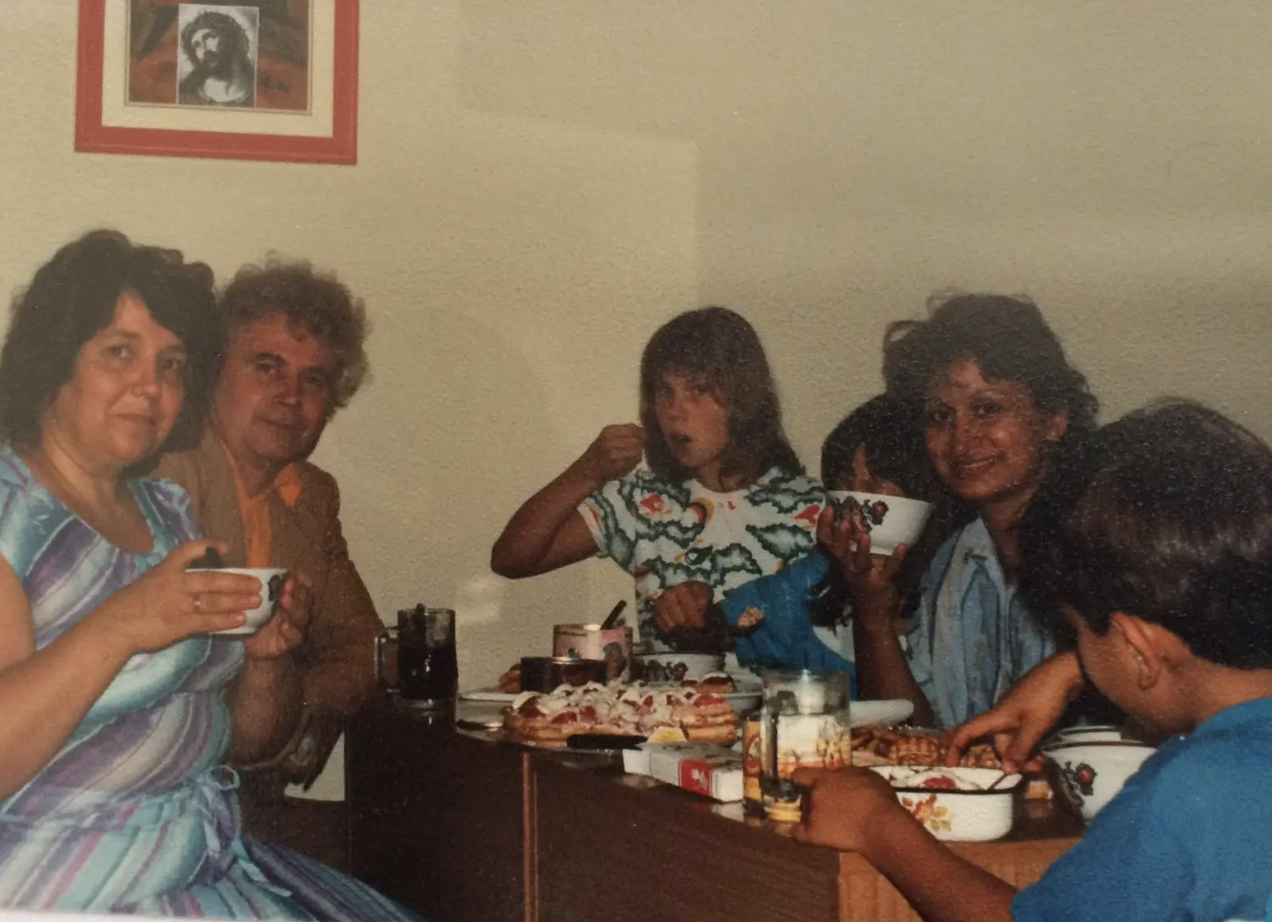
Waiting is a Boot on Your Neck: How Refugees Summon Joy and Why They Hide It From Us
“Conjuring up memories of those days, I often surprise myself: I remember a lot of good things. Though we agonized over our futures, waiting by the mail cubbies every morning for letters from free countries, we managed to create a lot of joy and dignity for each other. We refused to sit around and wait.”
-
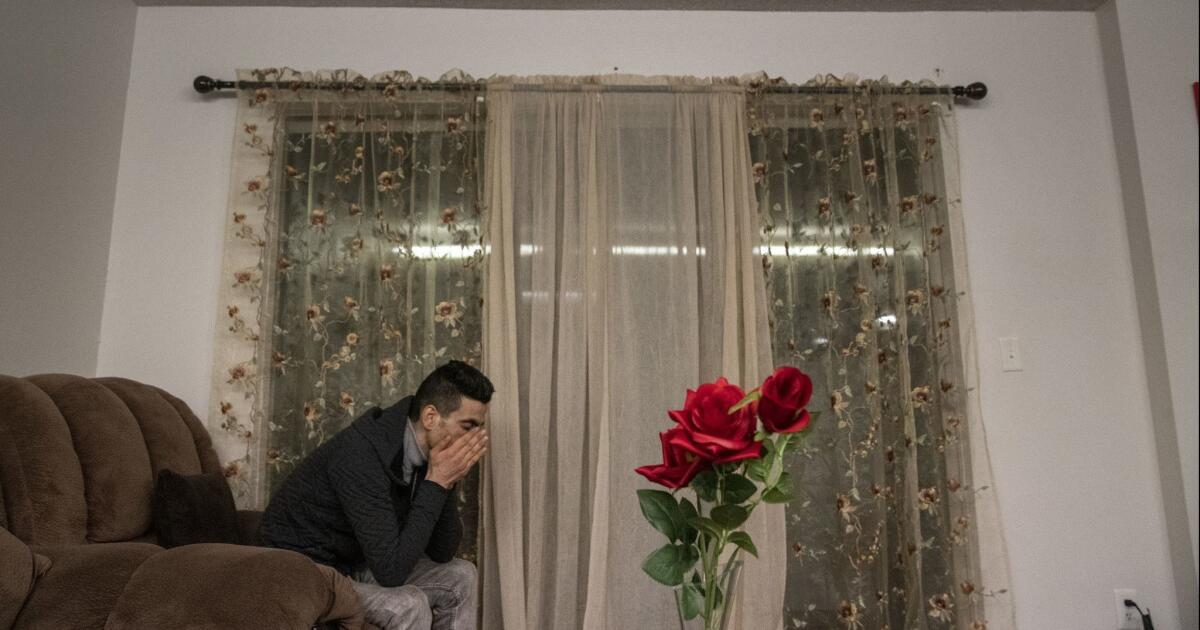
Op-Ed: For a refugee in the U.S., the sharpest sting is the everyday shame of being foreign
“We had been asylum seekers for 16 months, living in hostels in the United Arab Emirates and Italy, when my family arrived in Oklahoma. In Iran, we had been part of a respected family of doctors and academics. Now, as refugees, the sharpest sting we endured wasn’t from hunger or cold, but from everyday shame.”
-
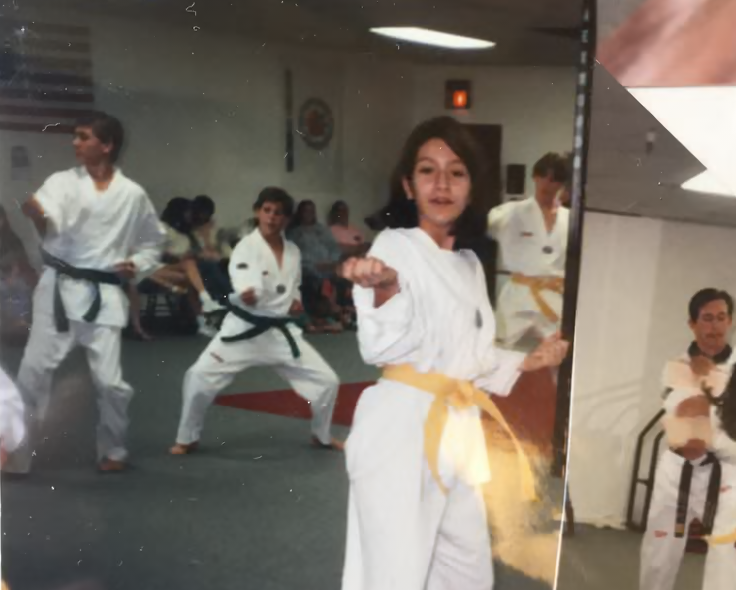
‘I Wouldn’t Be the Refugee, I’d Be the Girl Who Kicked Ass’: How Taekwondo Made Me
“When she arrived in the US as a 10-year-old refugee, Dina Nayeri found it hard to fit in. But that all changed when she hatched a plan to get into Harvard – by becoming a taekwondo champion”
-
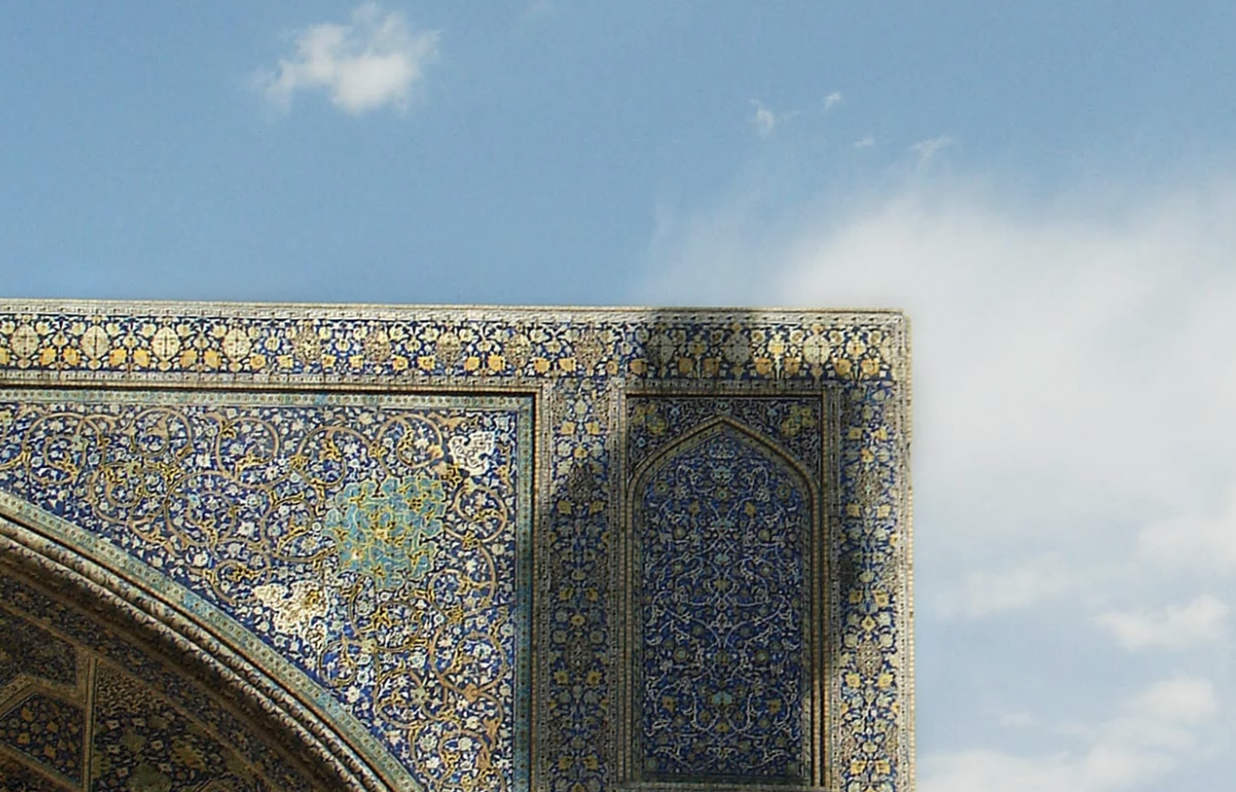
The Ungrateful Refugee, Excerpt
“I was born in 1979, a year of revolution, and grew up in wartime. The itch in my brain arrived as war was leaking into our everyday – sirens, rations, adults huddled around radios…The itch became a part of me, like the freckle above my lip.”
-
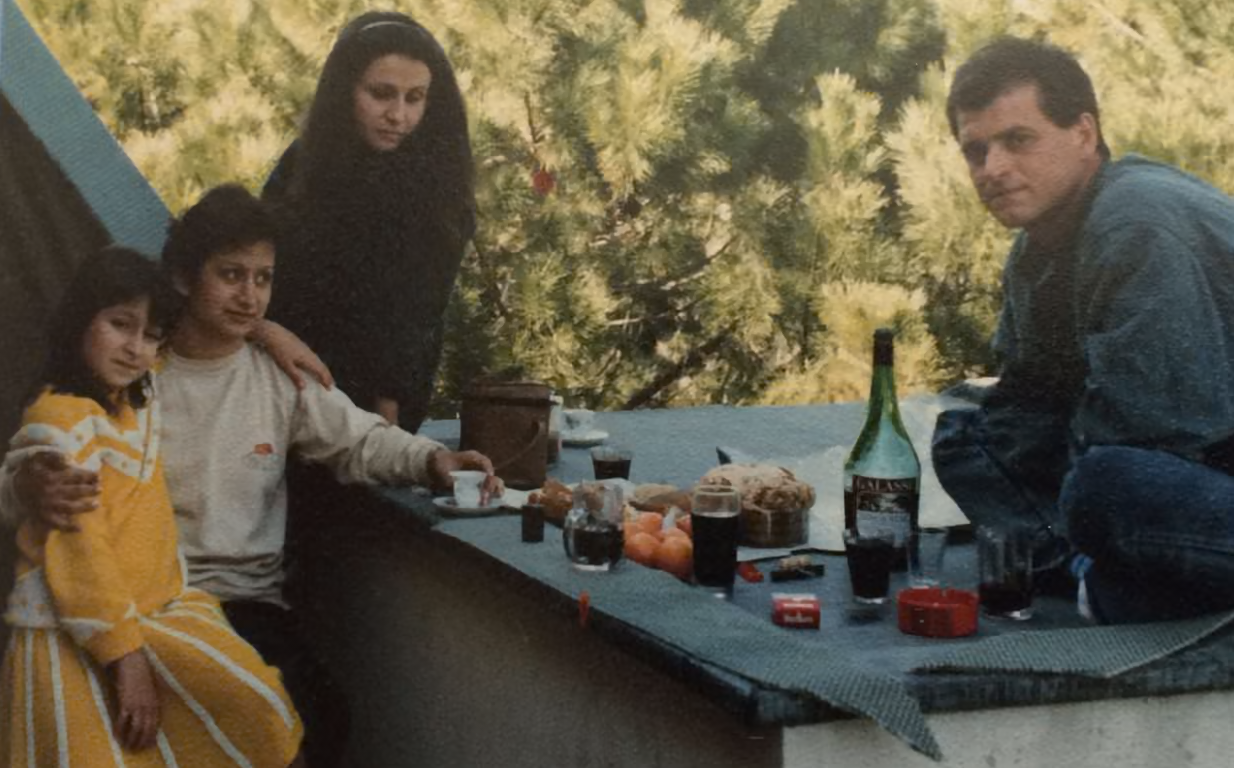
‘Accepting charity is an ugly business’: my return to the refugee camps, 30 years on
Dina Nayeri was eight when she and her family fled Iran. Are today’s refugees treated with more dignity?
-
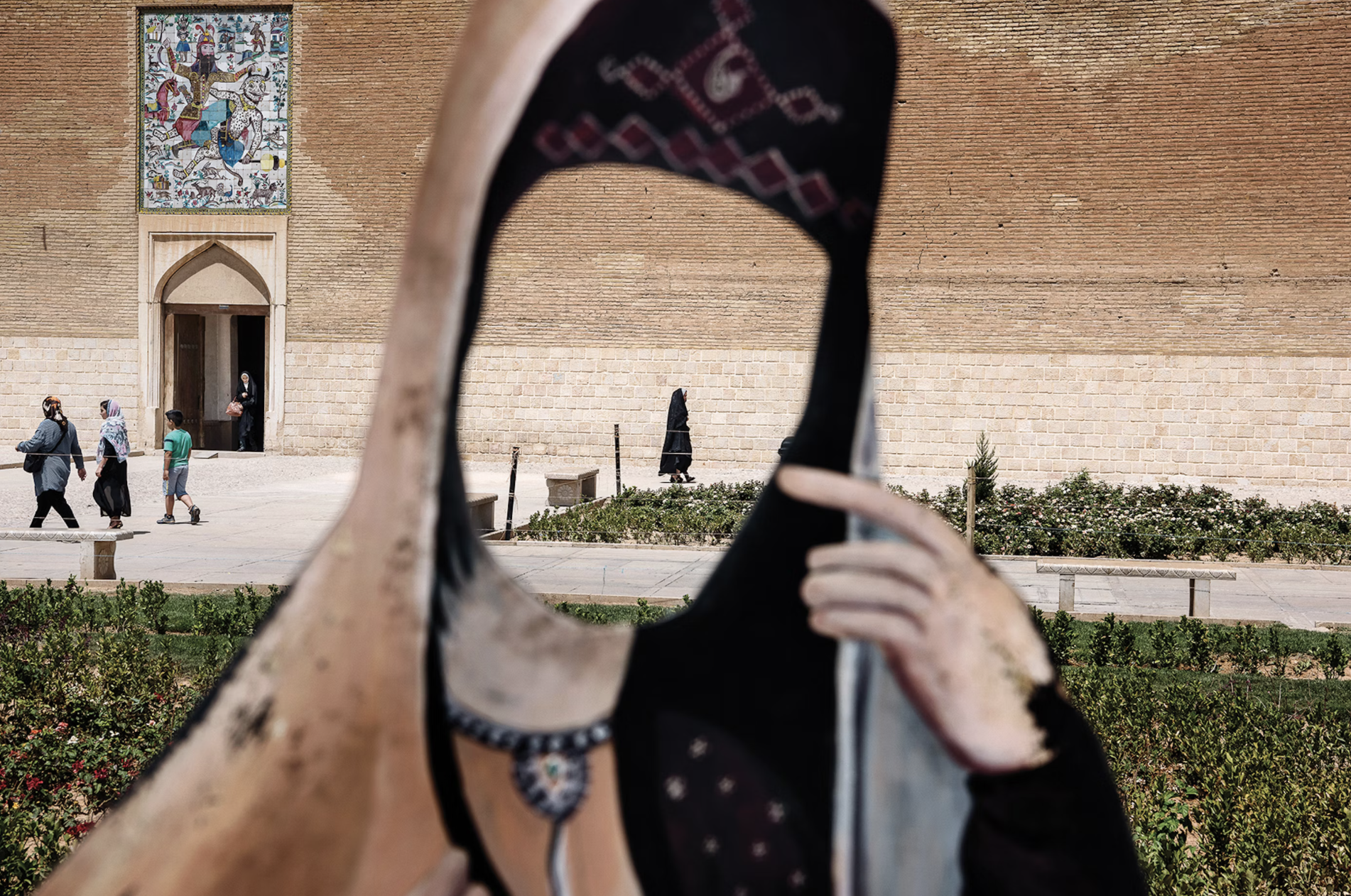
Small Acts of Subversion: How Modern Women Navigate Iran’s Theocracy
“In Isfahan we ate sour cherries and raw tamarind in the schoolyard… Iran was only a few years past the revolution, and somehow, even as a child, I sensed that I had been born in an unlucky chapter of its history.”
-
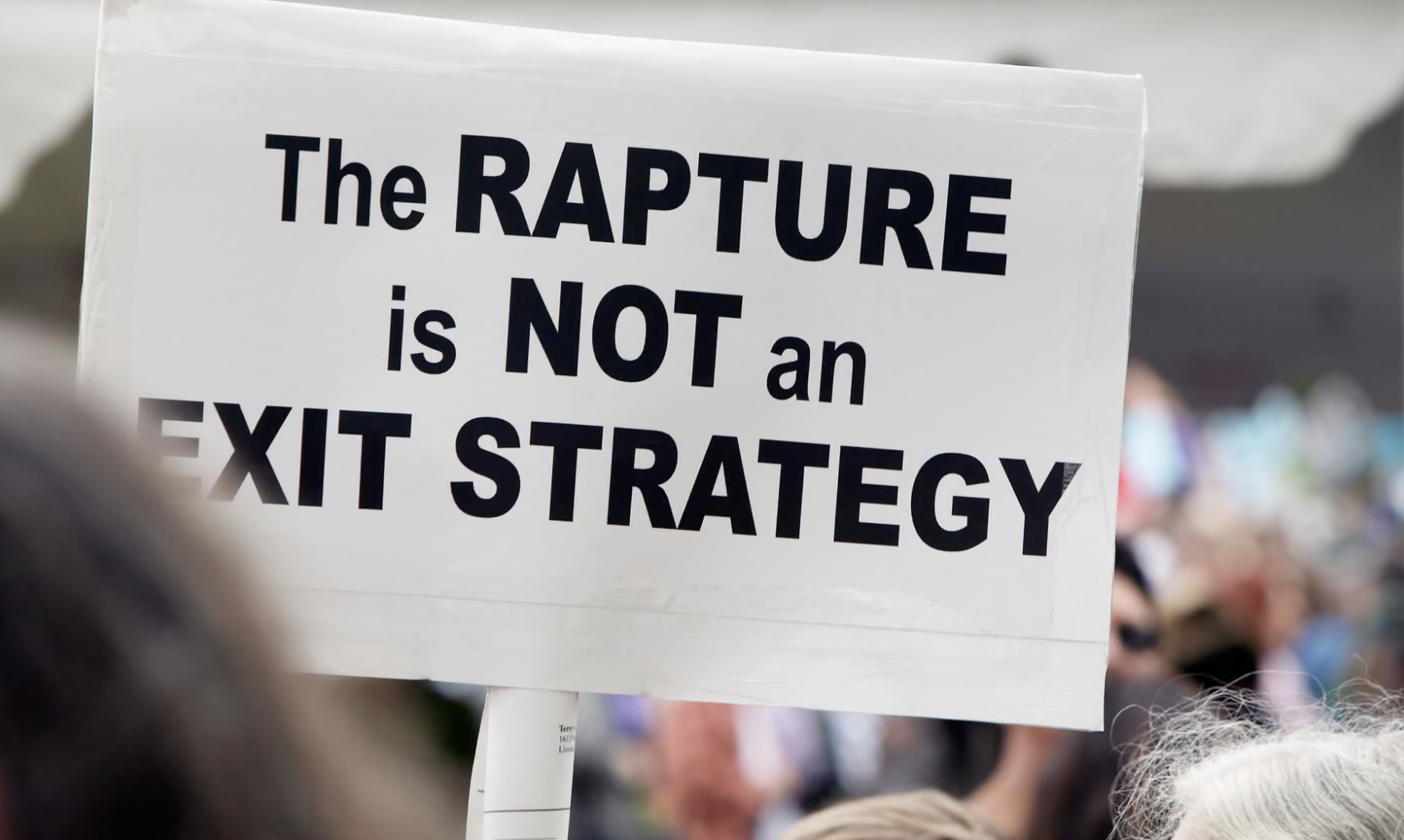
Yearning For The End of the World
“As a child in Iran, Dina Nayeri belonged to a secret Christian church where the Rapture was welcomed as a rescue. Later, as a refugee in the US, she saw how apocalyptic prophecies masked a reactionary nihilism – which is why they are so tempting”
-

Can An Author Write About Their Parents?
“I take too much from my parents. The protagonist in my new novel, Refuge, is loosely based on my father. And I’ve written essays about his childhood village, his pleasure-seeking ways, his love of science and poetry.”
-

Op-Ed: The indoctrination of a young girl
“Recognizing indoctrination at work requires an outsider’s eye. That’s why it’s so easy to see it in other communities and not our own. It is designed to be invisible to those wallowing in its toxic fog. And yet I see it happening again.”
-
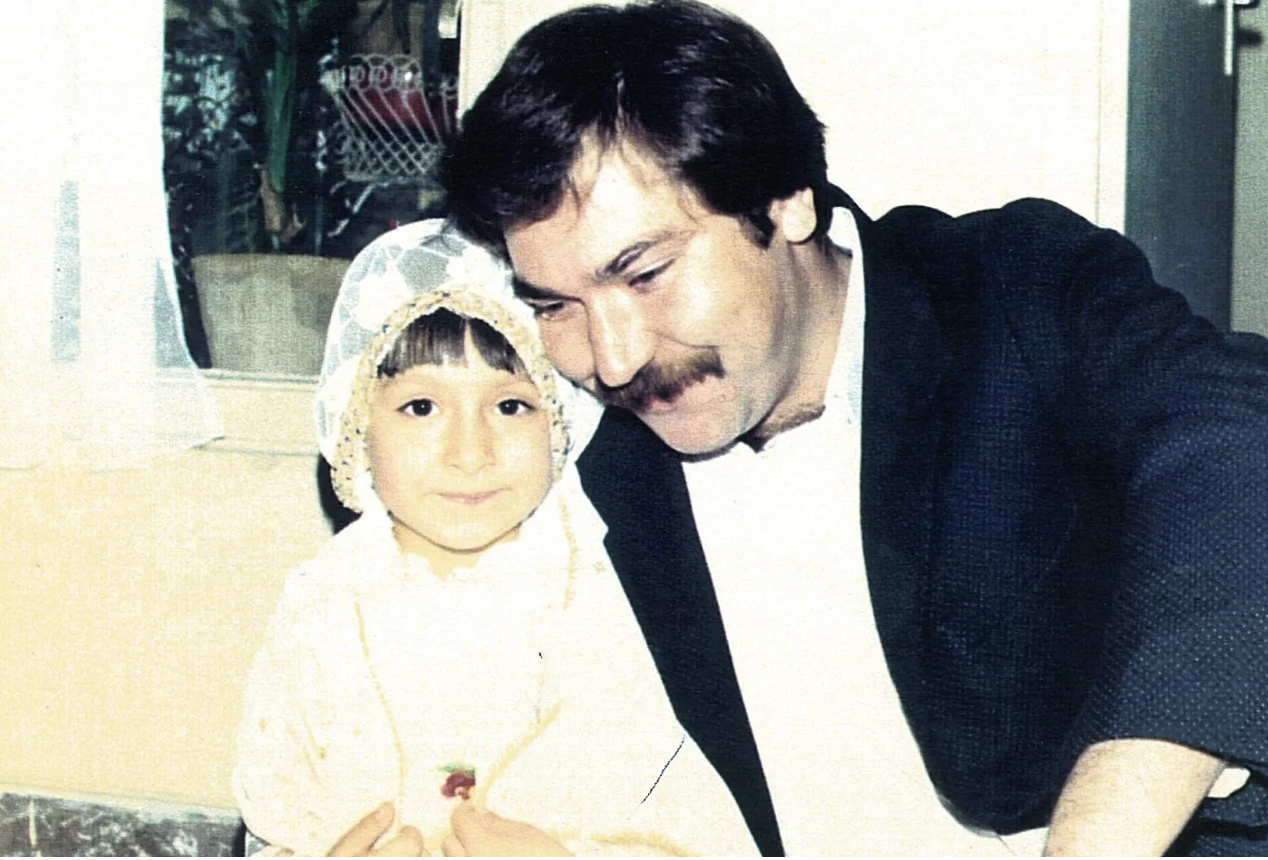
My Father, In Four Visits over Thirty Years
“In my early years, my father and I were partners in crime. Every night I would wait for him on the stoop of our house in Isfahan, Iran. I would tease him by greeting the melons and sour cherries hidden in his coat before saying hello to him.”
-
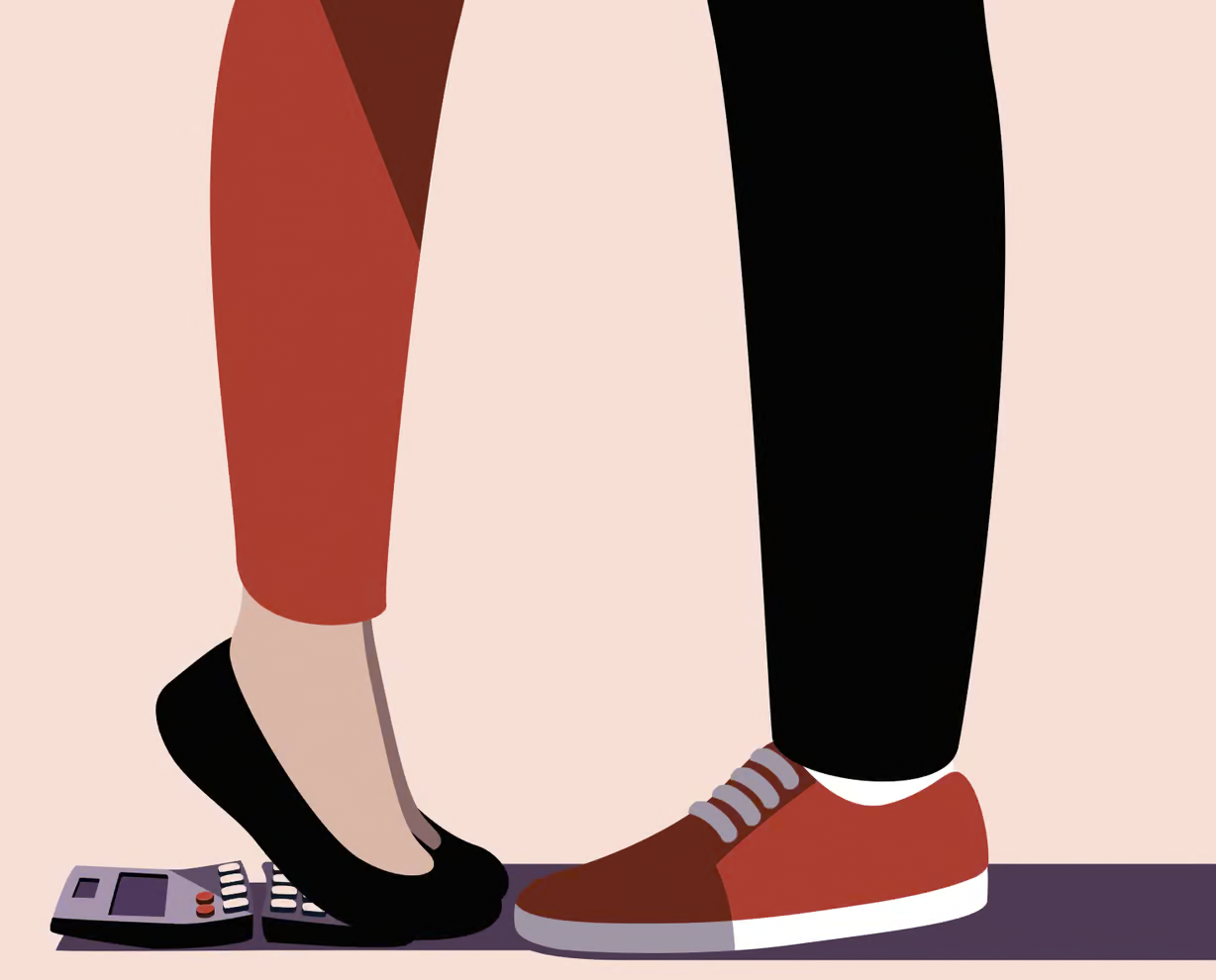
‘I made a statistical game out of dating’: could I crack the formula for love?
“I am a math nerd. “A maths nerd,” my partner corrects me, because we live in London now. Fine. I love puzzles and formulae and bullet-pointed plans… I don’t often make major forecasting errors, but I’m in the middle of my life’s biggest miscalculation.”
-
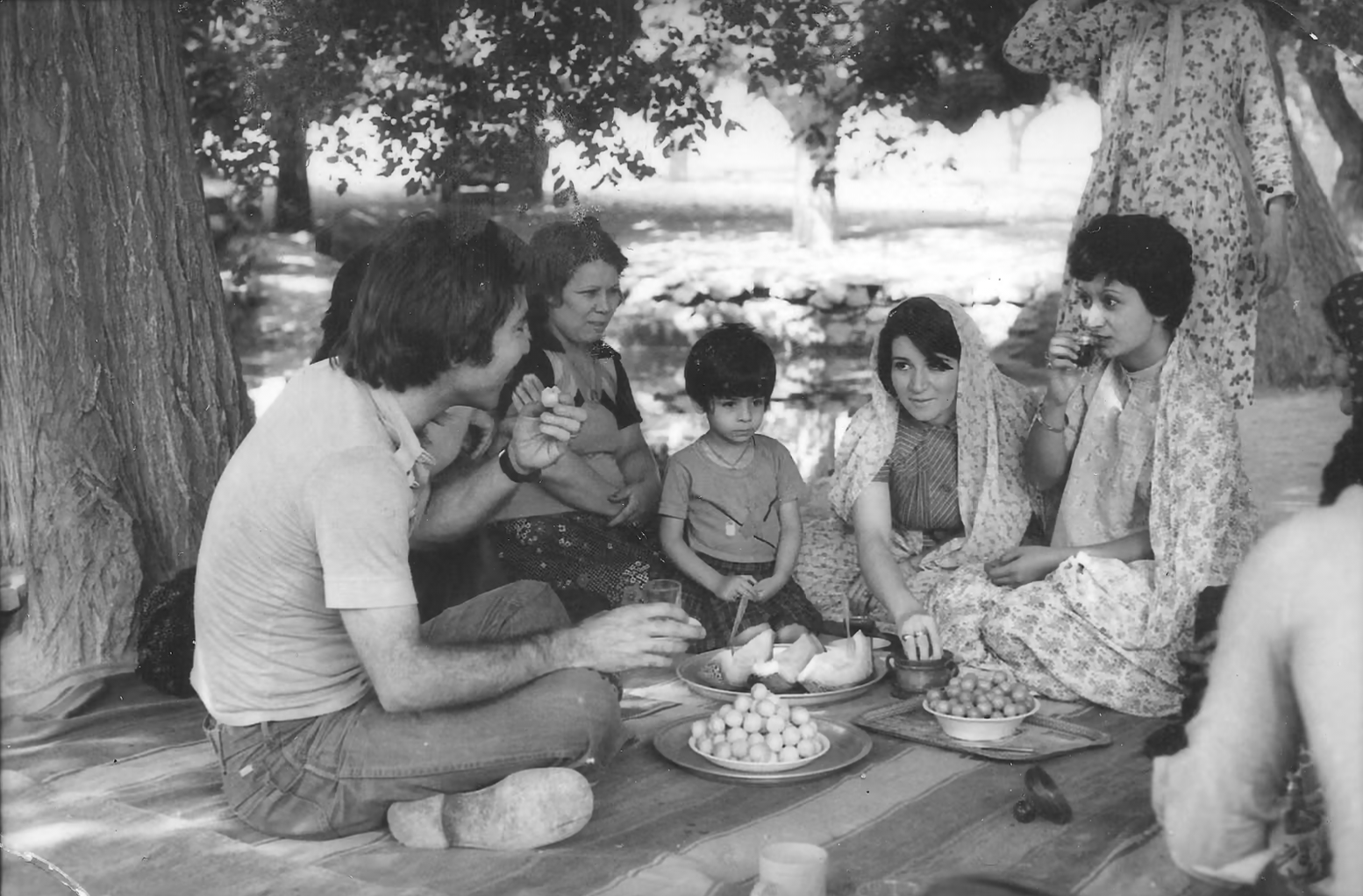
The Ungrateful Refugee: We Have No Debt to Repay
“Dina Nayeri was just a child when she fled Iran as an asylum seeker. But as she settled into life in the US and then Europe, she became suspicious of the idea that refugees should shed their old identities and be eternally thankful”
-
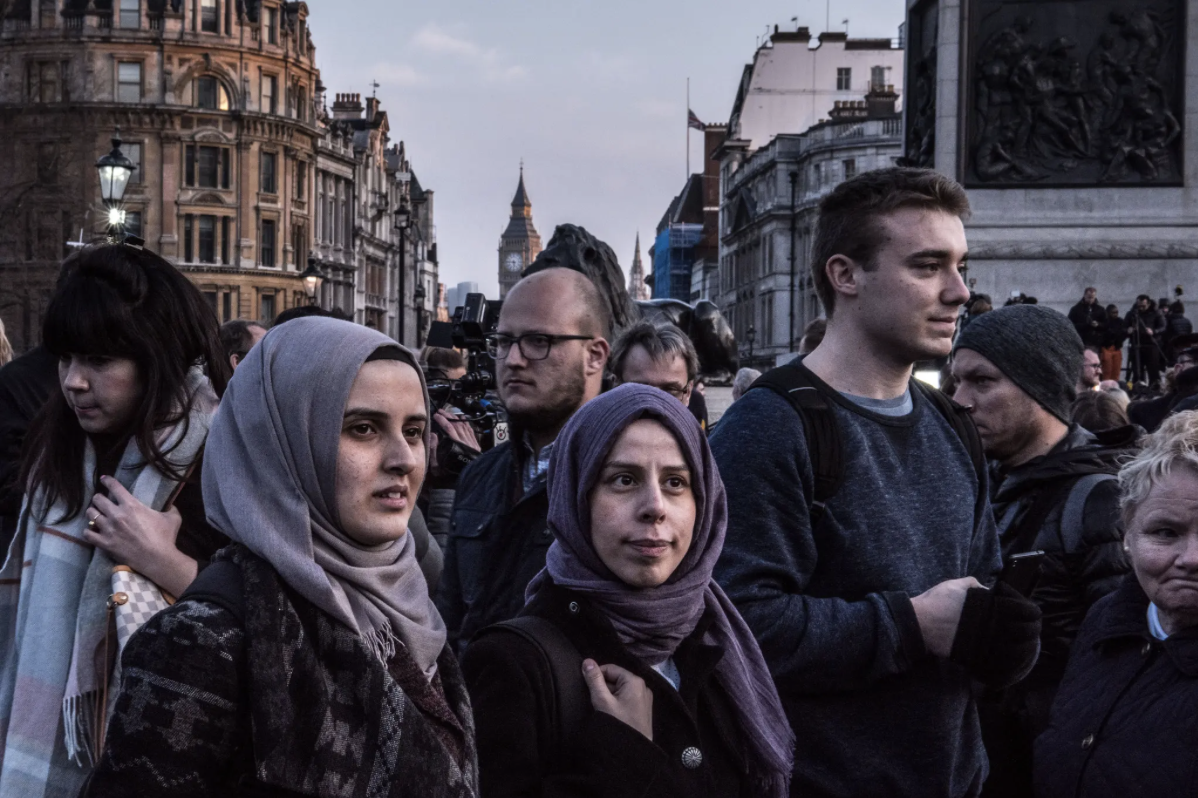
After London Attack, Living Between Cultures
“Five days ago in London, Iranians were celebrating Nowruz, teaching our English friends to say “Happy New Year” in Farsi. Two days later, a terrorist named Khalid Masood drove into a crowd of pedestrians on Westminster Bridge, killing two and injuring forty. Now, again, we are on familiar ground: Someone has killed in the name of Islam.”
-
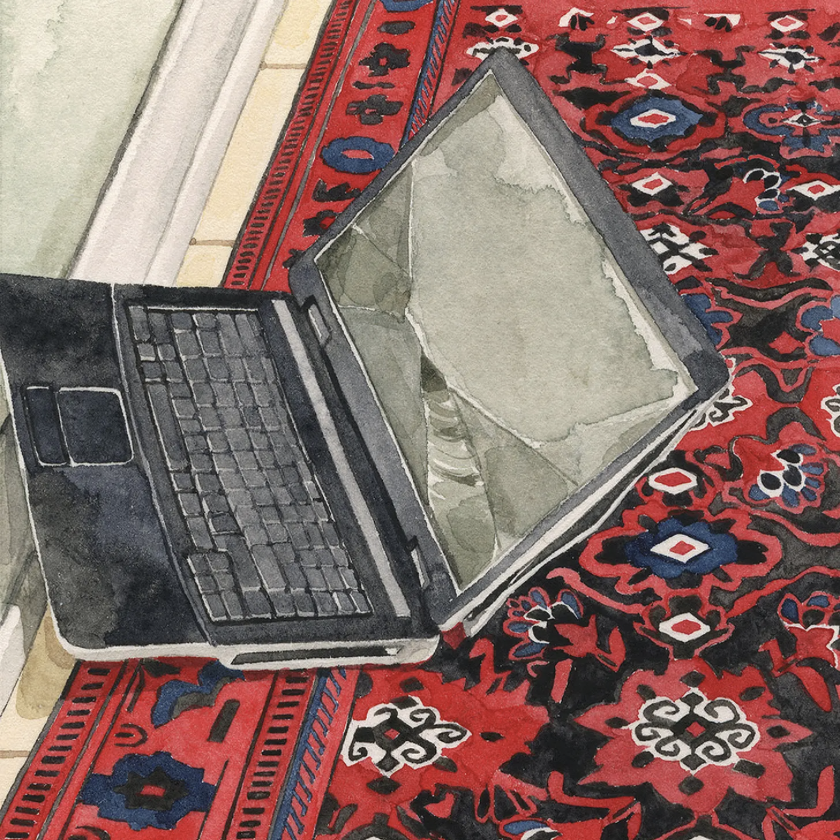
My Divorce, My Father, My Mistake
“I told my father about my divorce after midnight on a bus from Chicago to Iowa City. There was no sense postponing it; he was calling from Isfahan, Iran, and we spoke only every few months. He struggled for a response, his deep voice faltering. ‘Will you be O.K.?’ he asked. ‘Do you have money?’”
Reviews
Read Dina Nayeri’s book reviews in The New York Times and the Guardian